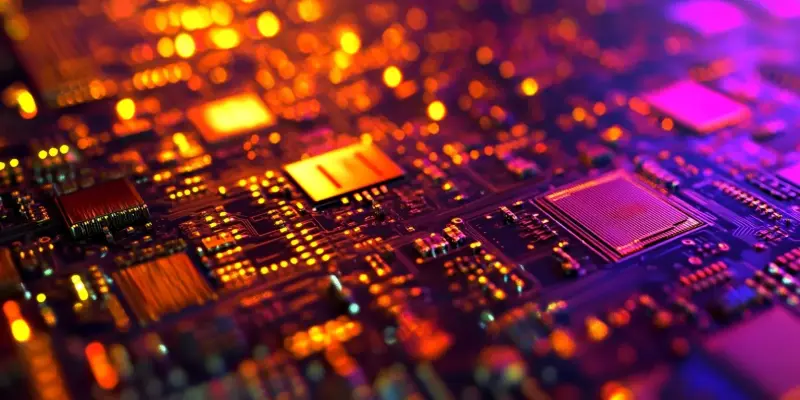Intel’s Gaudi 3 AI accelerator has marked a significant milestone by becoming the first of its kind to be integrated into IBM Cloud’s offerings.This groundbreaking development underscores Intel’s ongoing efforts to challenge NVIDIA’s dominance in the AI accelerator market. The collaboration between Intel and IBM aims to deliver cost-effective AI solutions, making advanced AI capabilities more accessible to businesses worldwide.By adopting Gaudi 3, IBM Cloud is setting a new standard in computational power and efficiency, potentially transforming the AI landscape.
The integration of Gaudi 3 into IBM Cloud’s Virtual Servers opens up new possibilities for clients by allowing them to harness the accelerator’s computational prowess. Recent benchmark tests conducted by Signal65 have demonstrated Gaudi 3’s ability to outperform NVIDIA’s #00 and ##00 GPUs in specific scenarios. In particular, the tests on IBM’s Granite (8B) and Meta’s Llama-3.1 models showcased Gaudi 3’s superior performance in certain tasks.Although these results are promising, the true test will be in real-world applications, where diverse and dynamic workloads will further validate Gaudi 3’s capabilities.
One of the standout features of Gaudi 3 is its cost efficiency, which positions it as a competitive alternative to NVIDIA’s offerings. By providing high performance at a lower cost, Gaudi 3 is expected to attract a wide range of clients seeking budget-friendly yet powerful AI solutions.This cost advantage is a key factor that could drive greater adoption of Intel’s AI hardware. Additionally, the integration into IBM Cloud’s infrastructure highlights a growing trend among cloud service providers to diversify their AI technology portfolios and reduce reliance on a single vendor.Intel’s partnership with IBM Cloud represents a strategic effort to increase the visibility and adoption of Gaudi 3. Despite entering the AI market later than its competitors, Intel is leveraging this collaboration to showcase the strengths of its AI accelerator.The successful integration and positive preliminary test results on IBM Cloud serve as a testament to Gaudi 3’s potential. As cloud service providers continue to explore alternative AI solutions, it is likely that Intel’s innovative approach will gain more traction in the industry.In conclusion, the adoption of Intel’s Gaudi 3 AI accelerator by IBM Cloud signifies a pivotal moment in the evolution of AI technology offerings. The combination of competitive performance and cost-effectiveness positions Gaudi 3 as a strong contender in the AI hardware market. If Intel can build on this momentum and demonstrate consistent results in real-world applications, it may reshape the dynamics of the AI industry.This strategic development not only marks a new chapter for Intel but also sets the stage for more diverse and cost-effective AI solutions in the future.

